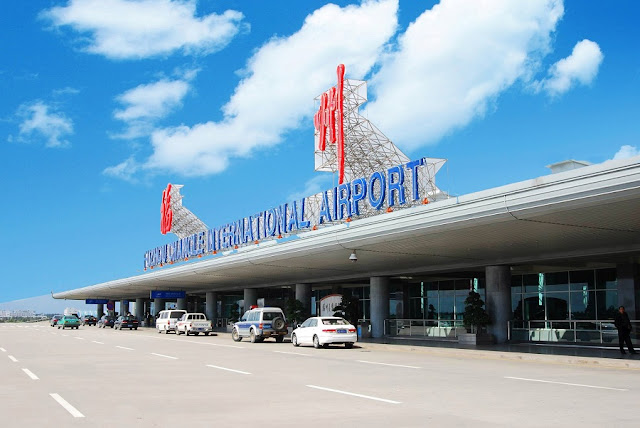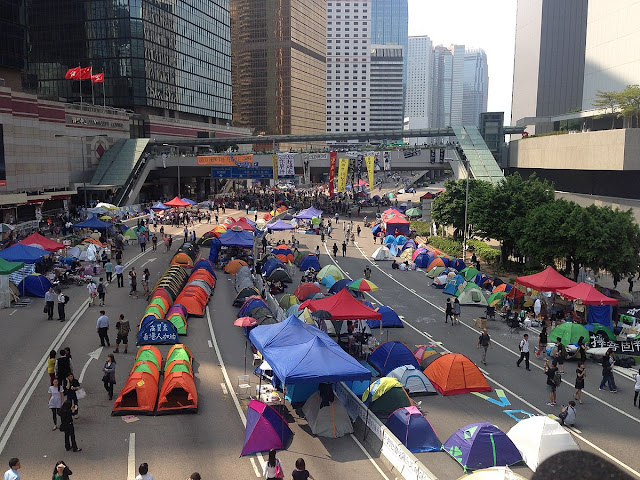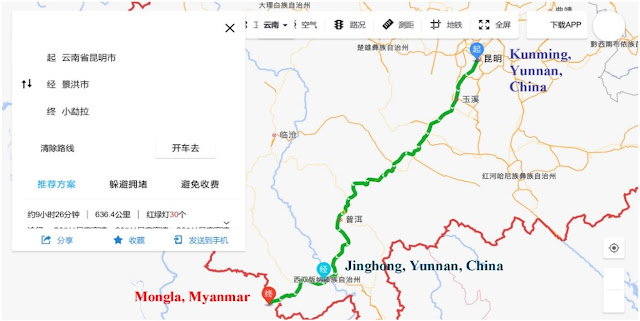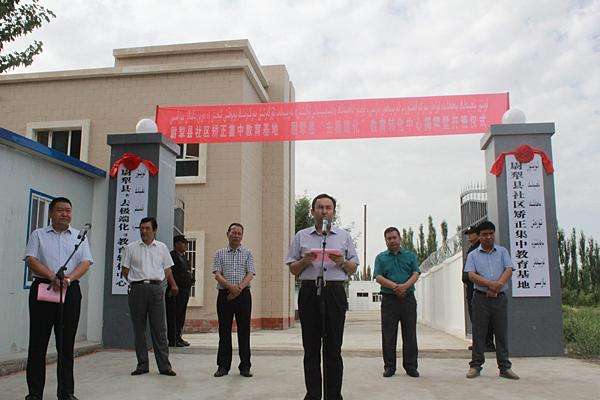.jpg) |
| A photo of the Id Kah Mosque, the largest in China, in Kashgar, Xinjiang, taken in 2017. The photographer noted that worshippers had their ID cards recorded. Image credit: David Stanley / CC By 2.0 |
Part I of this article discussed existing laws and regulations limiting religious expression in China, and it explored the case of Ismayil Sidiq, a Uyghur farmer serving a 10-year prison sentence for “promoting extremism” whose sentence was doubled after he “used a disguised and simplified method to perform namāz in the prison dormitory.” Namāz, commonly known as salah, refers to the pillar of the Islamic faith that obliges believers to pray five times a day.
Dui Hua’s research into court judgments, however, found a similar case where a Uyghur prisoner was sentenced in December 2019 to 18 months for Article 315 for conducting “illegal religious activity” on four occasions in Xinjiang’s Shihezi Prison. Prior to this, the Uyghur prisoner was serving his 20 years prison sentence for terrorism and promoting extremism. Despite being accused of conducting “illegal religious activity” on one more occasion, he was given an 18-month prison sentence for Article 315—half the length of Ismayil’s sentence. The judgment did not state whether namāz was involved.
Ismayil’s case is by no means an isolated incident, although what happened to him might have portended the worst possible outcome for performing namāz in prison. Dui Hua found cases where other Uyghur prisoners, while already serving lengthy prison sentences, were criminally prosecuted for Article 315 because of namāz. In the first case, a Uyghur serving his 10-year sentence for participating in a terrorist organization in Xinjiang’s Bayingolin Prison was found to have performed namāz on four occasions during the week of March 14, 2017. On each occasion, he awoke other cellmates, including those serving their sentences for endangering state security, to join his morning prayer. On May 21, he was put under 15 days of solitary confinement, during which he insisted on performing namāz five times a day and called on other cellmates to join his prayer.
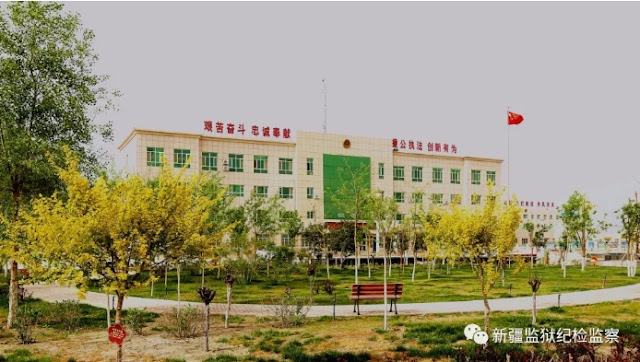 |
| A picture of Bayingolin Prison. Image credit: Shahit.biz |
It would be a mistake to assume that prosecution against namāz only targets Uyghurs convicted of endangering state security, terrorism, or religious extremism offenses. In the second case, a Uyghur serving his seven-year sentence for “gathering a crowd to disturb social order,” a public order offense, in Korla Prison was indicted for Article 315 on June 13, 2017. The indictment stated that he refused to repent and that he insisted on performing namāz every day. Originally due for release on July 17, 2021, this Uyghur prisoner is likely to remain incarcerated until at least 2024.
In these two cases, the trial outcome is unclear. However, given what happened to Ismayil, they are highly likely to have been convicted and sentenced to additional prison terms under Article 315.
Besides Uyghurs, Muslim prisoners from other ethnic minority groups outside of Xinjiang also receive punishment for performing namāz. However, Dui Hua found that none of them were sentenced or criminally prosecuted like the abovementioned Uyghurs. These cases involved one Hui and two ethnic Dongxiang Muslims who were convicted of theft or drug-related crimes in Linxia, Gansu. The Hui and Dongxiang Muslims were only given warnings by prison authorities in July 2018. The duo allegedly showed remorse by stopping their prayers completely after they were warned.
Nevertheless, not all prisoners are as obedient. Ma Mene (马么呢), an ethnic Dongxiang Muslim, displayed a “bad attitude” and confronted prison guards after he was found praying in prison. Ma was placed under yanguan jixun (严管集训) for 15 days, a form of strict control for collective discipline training. During this period, he was unable to accrue clemency points to obtain early release.
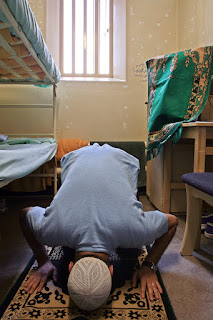 |
| A Muslim prisoner in the United States prays on his rug inside his cell at prison. Image credit: Andy Aitchison, PrisonImage / Creative Commons |
China is not alone in denying Muslims their right to pray or worship meaningfully in prison. From reading the Quran to growing beards and restricting daily group prayers, Muslim prisoners in other countries have their religious rights deprived to varying degrees. In the United States, Muslims are overrepresented in state prisons, making up 9 percent of the prison population despite being 1 percent of the general population according to a 2019 report by Muslim Advocates. The report found that prisons in multiple states fail to accommodate Muslim dietary requirements, force male prisoners to shave their beards, and restrict group prayer.
As recently as April 2022, Muslim prisoners in the United States faced obstacles in accessing halal food, adequate dietary accommodations during Ramadan, and religious materials such as prayer mats and Qurans even as equivalent requirements are met for other faiths. Some progress has been made after civil society organizations filed lawsuits challenging religious restrictions in prison. For instance, federal prisons in the United States changed the national guideline in 2019 to accommodate Muslim congregational prayer services, which was previously restricted to three people, unless there is a security concern.
The use of “security concerns” to justify restrictions on religious expressions is an oft-used tool of governments. China, too, often cites security concerns to justify its religious crackdowns in- and outside of its carceral system. In a country which adheres so closely to the notion of “stability above all else,” it is unlikely that religious restrictions on namāz in prison will abate. Similarly, the right to free assembly through group prayer, a practice valued by Muslims and only recently permissible in US prisons, is likely to continue amongst China’s repression of religious expression and assembly.













